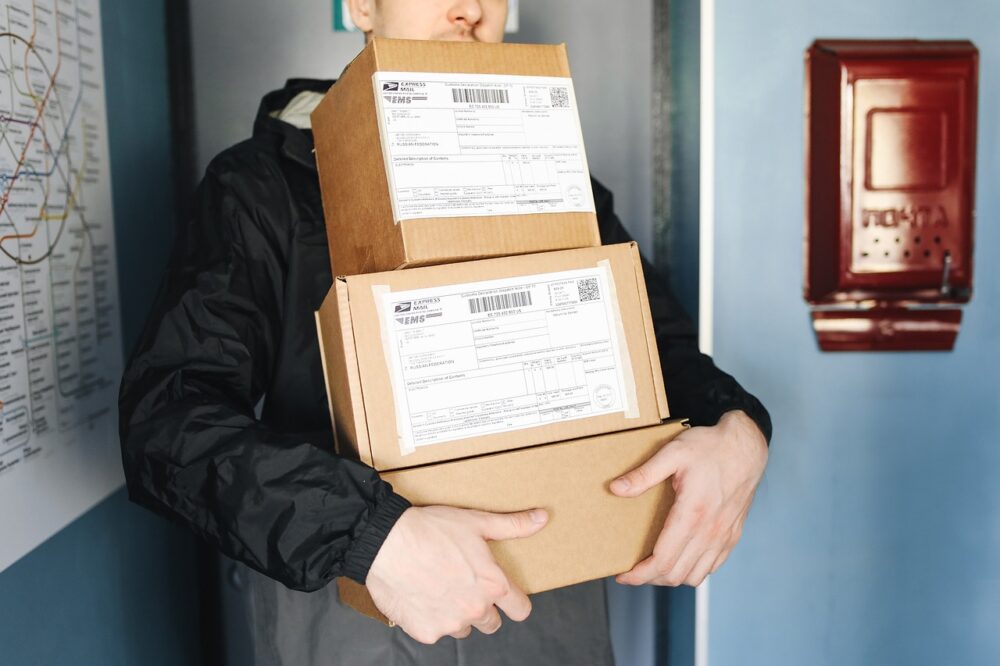Ecommerce firms, such as providers of online shops and platforms for physical consumer goods, account for over 20 percent of the sales worldwide, and forecasts indicate that by 2027, the online segment will make up roughly a quarter of global retail sales. These businesses benefit from Internet-based technologies, which have a broad and more complex role to play when it comes to eliminating barriers to expansion and presenting opportunities for internationalisation. In today’s environment, companies that are seeking new ways to thrive must create value quickly, sustaining the impact they’ve achieved but resisting the temptation to declare victory too soon.
Unfortunately, many organisations can’t get out of the starting blocks, wasting valuable time, energy, and momentum. Business leaders must place emphasis on speed, agility, resilience, and innovation, so do your best to increase the capabilities that make it possible for you to maintain a rapid pace and capture untapped potential in the ever-changing business landscape. Capitalism has a new denominator, and it’s not money. It’s time. Customers are more conditioned to focus on their buying experience than the product itself, so ecommerce firms find themselves locked in a fierce competition that revolves around one thing and one thing only – speed.

Economies Of Scale Have Been Replaced By Economies Of Speed
Economies of scale, which represent the cost savings and competitive advantages larger businesses have on smaller ones, have been substituted for economies of speed, which reduce the time it takes to bring products to the market, meet customer demands, and respond to changing market conditions. Efficiency shouldn’t be neglected, yet the speed of delivery and learning must be prioritised. Some third-party channels provide excellent ecommerce fulfilment services that simplify order processing; even so, it’s important to remember that each channel has singular attributes and requirements, and not every solution is right for every platform.
Instant gratification has become the norm, which translates into the fact that customers’ expectations are incredibly high right now, and the quality of your service can make or break your business. By making speed a core value, you can identify new ways of working that guarantee quick pivots and rapid innovation. Progress starts with a willingness to initiate projects within a short time frame without a formal business case that give a good return on the investment and admit you don’t necessarily know what you’re going to need to do. To begin the journey, you must transform culture, technology, and processes.
Customers Now Expect Same-Day And Next-Day Priority Delivery
Retailers across all verticals are looking for ways to quickly deliver products to customers, the my-way-or-the-highway kind of people. Most shoppers want same-day delivery, where they order products online and receive them on the same day, and next-day priority delivery, where they can expect their packages to be delivered by 8 a.m. the next business day. The near-instant shipping from Amazon has become increasingly popular, raising the bar for other ecommerce firms, so businesses must now invest in enhancing their logistics infrastructure to meet and exceed everyone’s expectations. Logistics isn’t about creating magic. It’s about ensuring products reach customers in good condition and on time, and while it’s not rocket science, it’s not tricky.
Four Prerequisites Must Be Fulfilled To Enable Same-Day And Next-Day Priority Delivery
They are:
- Local availability of the product: Delivery is limited only to some urbanised areas, so the products must be available locally. Ecommerce firms can take advantage of the increasing demand by raising their prices, but they must be careful not to raise them too high.
- Real-time product visibility: Retailers must have a real-time overview of their inventories across warehouses and outlets to determine the availability of goods. An investment in IT is of the essence.
- Fulfilment capacity: One of the best ways to increase fulfilment capacity is to hire Monta services, a fully flexible and scalable solution that lets ecommerce sellers of all sizes meet customer delivery expectations without sacrificing their bottom lines. Outsourcing includes requesting the supplier to undertake at least one business function, activity, or process.
- Flexible last-mile capability: To respond to new shipment requests, ecommerce firms can use dynamic GPS geofencing to quickly identify client sites, business warehouses, and more. Same-day and next-day priority delivery becomes a game of scale.
When Pages Load Slowly, Shoppers Are Less Interested In Sticking Around
Waiting in line isn’t a great experience, and considerably long wait times will negatively impact how much is sold during peak times. It’s no different for an online business. Google’s recommended page load time for ecommerce websites is two seconds or less, and improving user experience not only decreases initial bounce rates but it also makes visitors more likely to return and tell their friends about it. It’s more affordable to get current customers to make a repeat purchase than it is to find new ones, so if it’s been a while since you last did a site speed audit, there’s no better time than now to get a feel of whether your load time is affecting users.
You can take a number of steps to improve your online platform’s performance, such as:
- Compressing product photos or resizing the website’s design elements
- Limiting the number of HTTP requests
- Eliminating unnecessary render-blocking resources, like JavaScript files
- Removing unneeded code from CSS source files
This list is by no means exhaustive. Website speed should be an optimisation priority because it benefits both you and your customers, so keep tabs on your speed score and make improvements whenever necessary.
Wrapping It Up
If you’re not fast enough, your competitors will be, so speed must be understood as a fundamental value, a critical goal, and a primary way of competing. The world is currently experiencing an economy of speed that revolves around creating a customer experience that feels natural and easy from start to finish, with all needs anticipated and met at every touchpoint. While studying time, concentrate on the present moment and embrace each moment as a gift. Change isn’t always easy, and economies of speed demand strong leadership, so you must be skilled at influencing others. Or find time for learning.

















